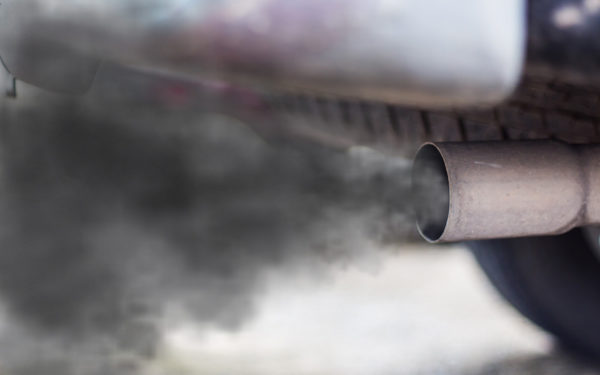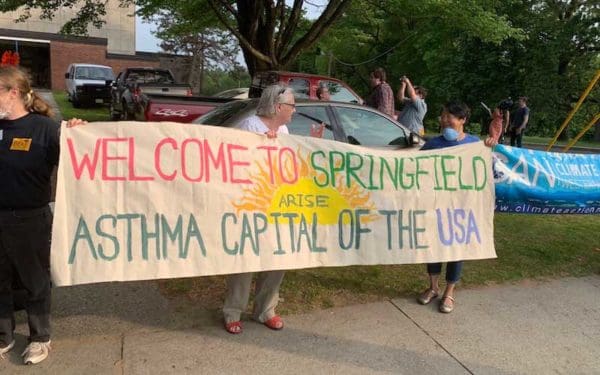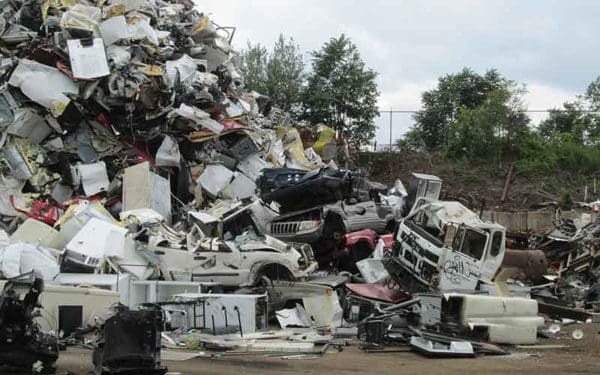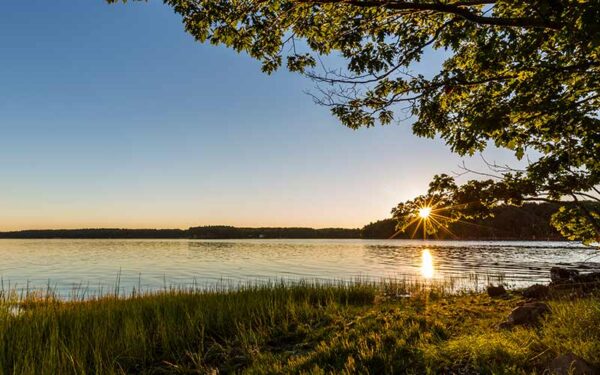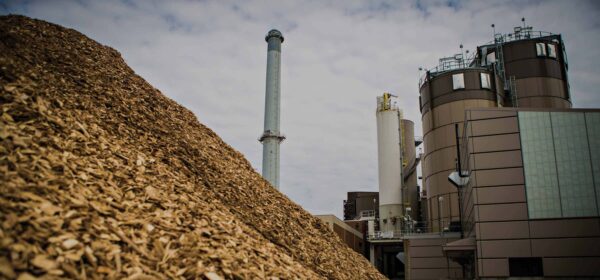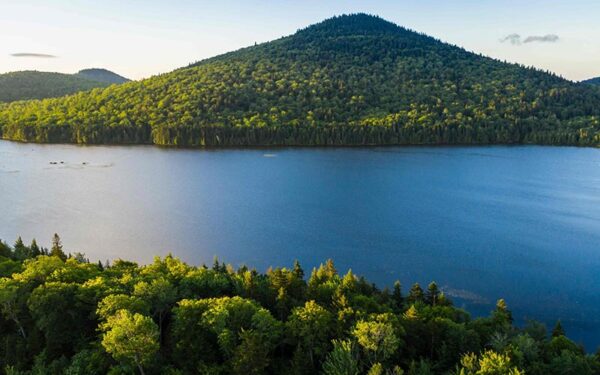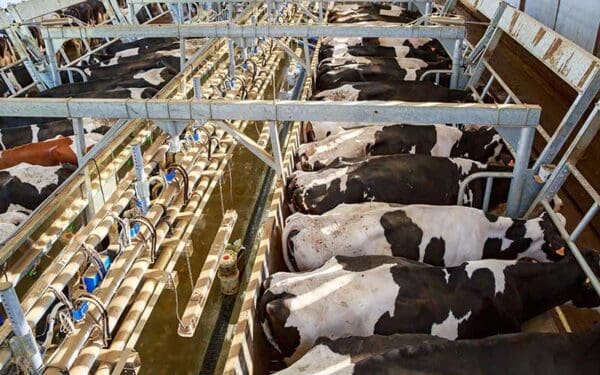Dec 11, 2023
“Every year, vehicle emissions are linked to thousands of deaths in the northeast,” said Heather Govern, Director of CLF’s Clean Air and Water program. “Large bus companies must be held accountable for ignoring idling laws designed to limit toxic emissions and protect public health. CLF filed this appeal to continue the fight for cleaner air in our communities.”
Nov 30, 2023
“It is unconscionable that anyone would build such a dirty power plant right across the street from a residential neighborhood,” said CLF attorney Johannes Epke. “Inefficient biomass plants like the one proposed here don’t make sense anywhere in 2023, and especially not in a community in Springfield already overburdened by air pollution. Burning wood for electricity worsens asthma and other respiratory conditions and sets us back in reaching mandatory climate goals, and the court made the right decision.”
Nov 22, 2023
The Conservation Law Foundation reached an agreement with Schnitzer Steel over heavy metal pollution going into the water in New Hampshire, Massachusetts, and Puerto Rico
Nov 20, 2023
“It’s about time this multi-billion-dollar company complied with the law,” said CLF attorney Chelsea Kendall. “Toxic runoff from Schnitzer’s facilities has been contaminating waters that people depend on for drinking and recreation. This $3 million settlement will go a long way towards cleaning up these rivers and ensuring the company ends this harmful pollution”
Nov 20, 2023
“It’s about time this multi-billion-dollar company complied with the law,” Conservation Law Foundation Attorney Chelsea Kendall said in a statement Monday. “Toxic runoff from Schnitzer’s facilities has been contaminating waters that people depend on for drinking and recreation. This $2 million settlement will go a long way towards cleaning up these rivers and ensuring the company ends this harmful pollution.”
Nov 15, 2023
A summer of extreme weather in New Hampshire has harmed the environment. It has also inspired citizens to take action.
Nov 01, 2023
Fossil fuel companies are pushing alternative fuels as solutions to the climate crisis – but those fuels aren’t solutions at all.
Oct 19, 2023
Mining Pickett Mountain would damage irreplaceable Maine wilderness, including protected lands, waters, and species.
Sep 27, 2023
A proposal to build an anaerobic digester on Vermont’s largest dairy farm is not the climate solution its proponents claim it to be.
Sep 18, 2023
The Nylon Corporation of America has settled a lawsuit with the Conservation Law Foundation over alleged Clean Water Act violations in New Hampshire. CLF says Nylon Corporation polluted the Merrimack River with acidic wastewater, zinc, and high temperatures coming out of their manufacturing facility in Manchester.
